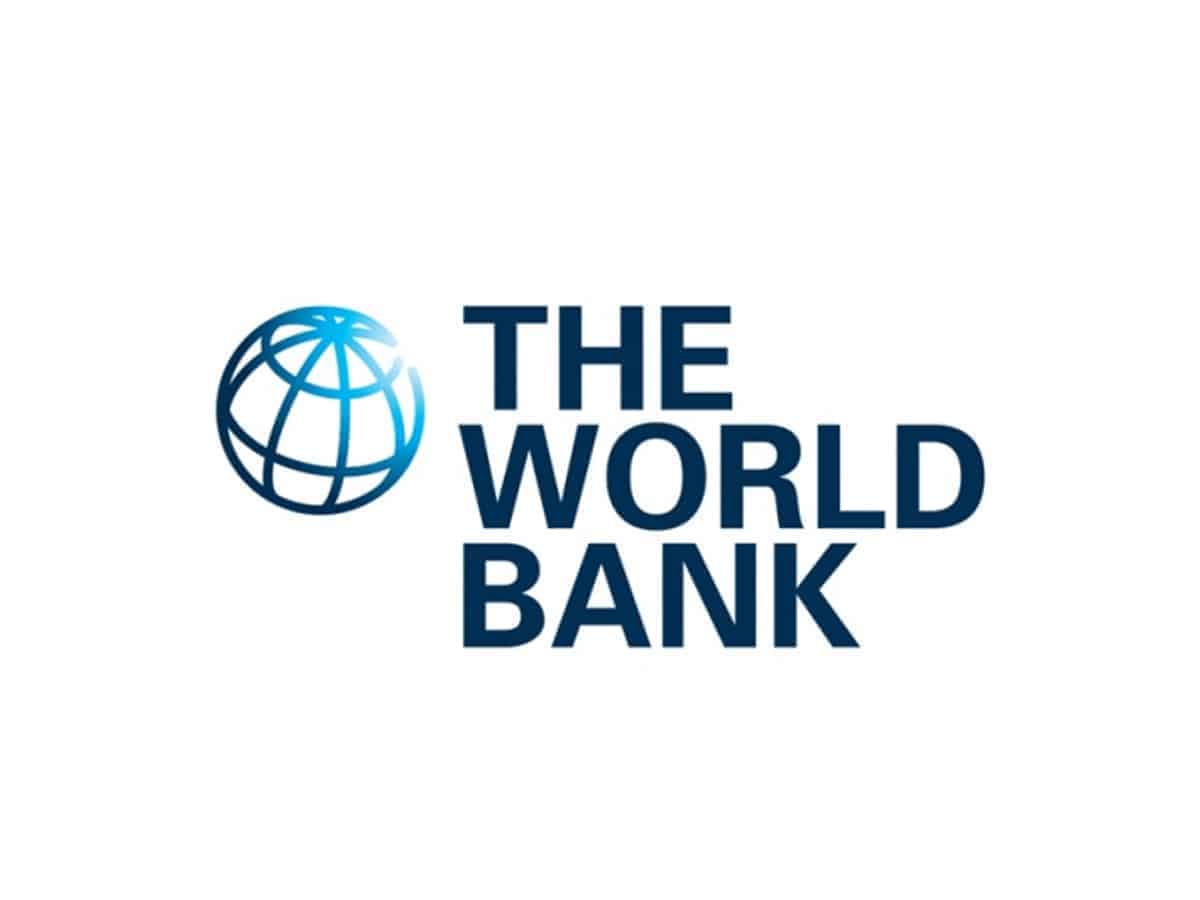
New Delhi: The World Bank on Thursday said it has approved a USD 350 million (over Rs 2,832 crore) loan to Gujarat for spending towards public healthcare services, focussed specially on adolescent girls and disease surveillance.
The World Bank’s Executive Board of Directors approved the USD 350 million loan to the state, the multilateral funding agency said.
The funding will come from World Bank arm International Bank of Reconstruction and Development (IBRD), carrying a maturity of 18 years including a grace period of 5.5 years.
The loan will be utilised through the state government’s Systems Reform Endeavours for Transformed Health Achievement In Gujarat (SRESTHA-G) Programme. It will enable more people access a wider range of high-quality health services, the World Bank said.
Gujarat currently delivers seven health services to its citizens, including reproductive, maternal, newborn, child and adolescent health, communicable and non-communicable diseases (NCDs).
The World Bank funding will help the state further expand these services to include mental health and palliative health services and also strengthen non-communicable services in the state.
“This programme will enhance access to traditional health services while supporting the state’s effort to open access to new ones, such as mental health and palliative care, thus contributing to improved health outcomes for the people of Gujarat,” said Auguste Tano Kouame, the World Bank’s Country Director for India.
Over the years, the state has made steady improvements in various key health indicators including reproductive, maternal, newborn, child and adolescent health. However, challenges remain as 69 per cent of adolescent girls and 36 per cent of adolescent boys suffer from anaemia, it said.
Besides, 10 per cent of rural and 5 per cent of urban residents in the state have mental health issues.
World Bank said SRESTHA-G will lay special focus on improving the health and nutrition of adolescent girls and boys with priority accorded to 14 districts where more than 70 per cent of adolescent girls are anemic.
Among others, it will also support a population-based screening process with help from local Accredited Social Health Activists (ASHA) and Auxiliary Nurse Midwives (ANM).
People at high risk for non-communicable or other diseases will be encouraged to go to their assigned public healthcare provider. It will also help the state develop surveillance systems for early detection of disease outbreaks.
It will spearhead the ‘one health’ agenda, including combating antimicrobial resistance, World Bank said.
“Gujarat has a robust system of health service delivery at the primary, secondary and tertiary levels,” said Rahul Pandey and Andrew Sunil Rajkumar, the Task Team Leaders of the SRESTHA-G Programme.
The World Bank will support increased transparency and accountability of the health system through public reporting, and improved citizen engagement by implementing annual health assemblies or Swasthya Parishad.
It will also introduce innovative ways to address adolescent health and nutrition related issues in the state, they said.

